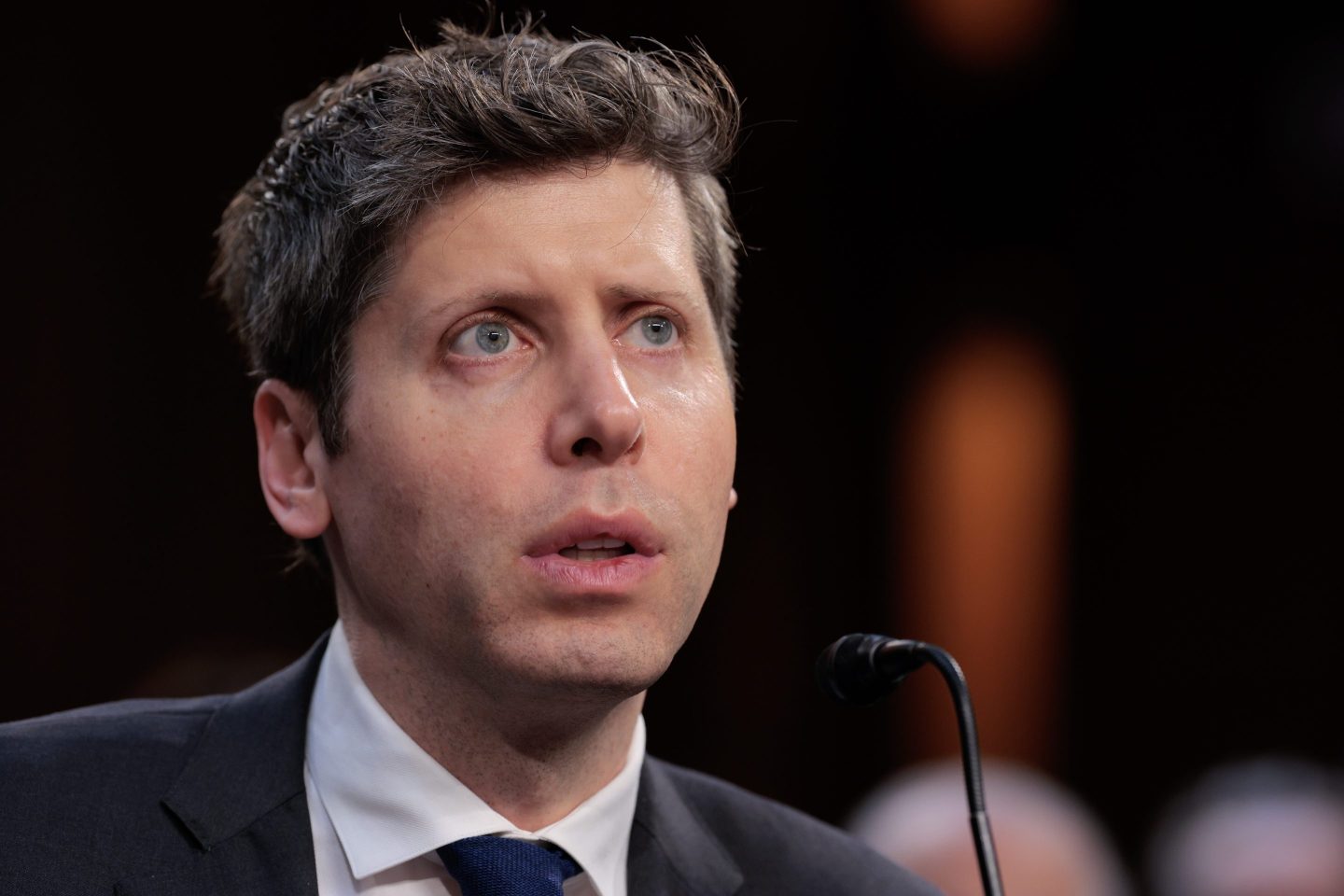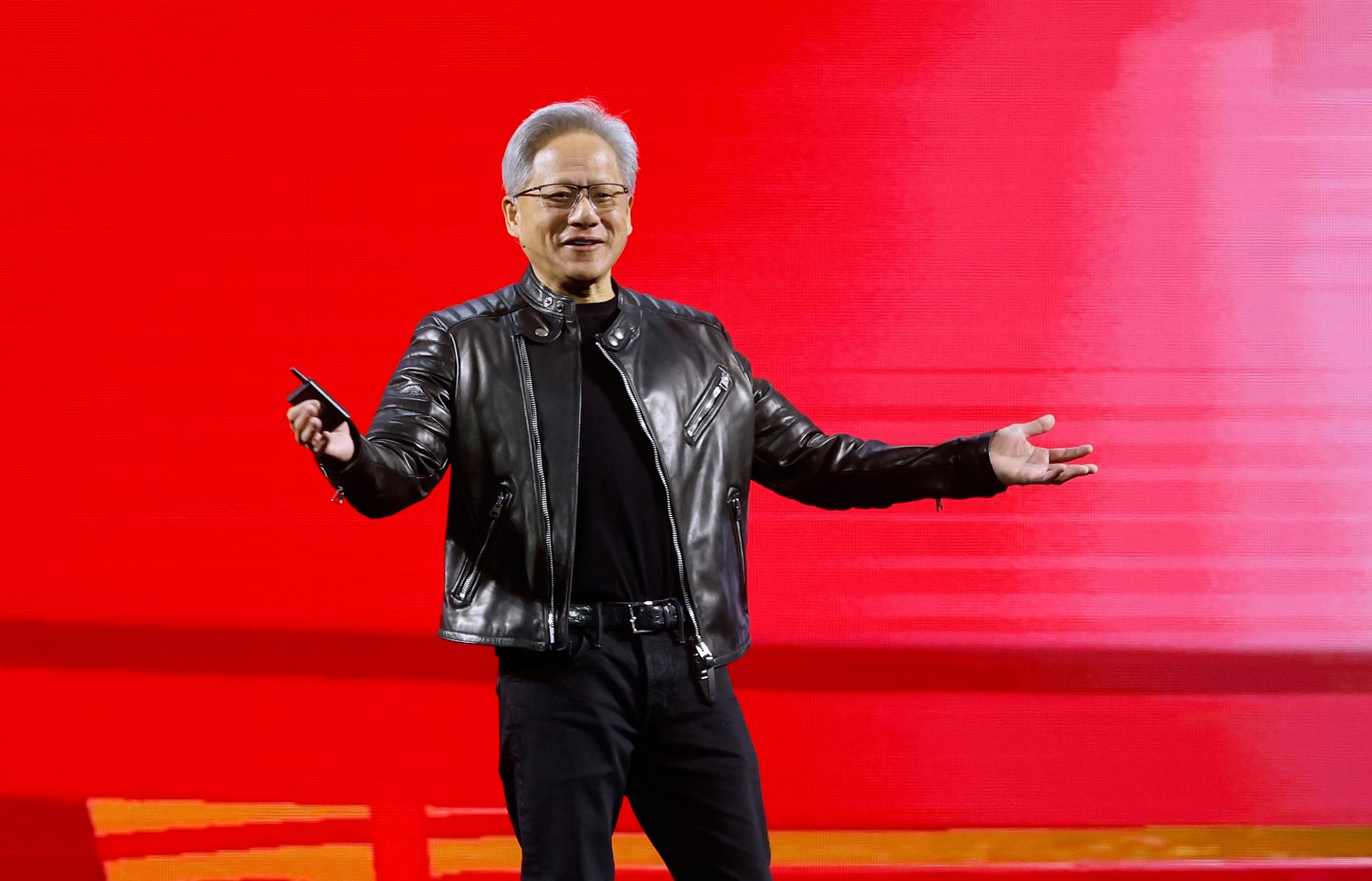Tech analyst and professor Scott Galloway has issued a stark warning regarding the highly inflated valuations of the Magnificent 10 mega-cap companies, asserting a financial collapse at generative AI leader OpenAI would trigger a systemic shock leaving “nowhere to hide” for investors across the global markets.
Galloway, speaking on his Prof G Markets podcast, characterized the current market reliance on AI as precarious, noting AI has been responsible for 80% of the stock market returns since the launch of ChatGPT in late 2022. Co-host Ed Elson reminded the audience “AI is what is holding the stock market together and also holding the economy together,” with OpenAI at the center of the story.
The immediate catalyst for Galloway’s alarm is a series of “red flags” signaling a possible financial implosion at OpenAI, which Elson described as a “trainwreck from a financial management perspective.” Amid some pushback from Galloway, Elson explained OpenAI is currently generating an estimated $13 billion in annual recurring revenue (ARR), yet it is spending more than double that amount. CEO Sam Altman has projected spending commitments of over $1 trillion, with the plan being to spend $1.4 trillion to $1.5 trillion over the next several years, creating a massive shortfall of about $1.2 trillion given their current cash reserves.
Much of Galloway and Elson’s discussion was centered around what they described as a disastrous podcast appearance by Altman and his friend and OpenAI investor Brad Gerstner, who asked about how the company intends to finance this massive buildout. Elson called Altman’s response “horrendous … I couldn’t think of a more defensive, frantic, sociopathic response.” He added that “if you’re trying to shake investors’ confidence in OpenAI, I would say this is how you do it.”
Galloway suggested OpenAI will file to go public at some point in 2026, because of its sheer size. On the other hand, he said such a response would not be acceptable for a public-company CEO: “When you are on an earnings call and someone asks you a fair question, no CEO that I’ve heard of who holds onto his job turns around and says, ‘Well, if you don’t like it, you can sell your shares.'”
He called it a “rare misstep,” probably reflective of the stress that Altman is under right now.
Galloway and Elson also commented on OpenAI CFO Sarah Friar going viral for the wrong reasons: telling the Wall Street Journal the company is seeking federal government support—a “backstop”—to help finance future data centers. Galloway sees this potential taxpayer bailout as yet another tell the company lacks a viable financing plan and will likely have to seek financing in the form of debt, which he believes could be the beginning of the end for the AI bubble.
Further undermining confidence are leadership concerns, including the recently released deposition of former OpenAI cofounder Ilya Sutskever, who referenced a memo alleging Altman was fired due to a “loss of confidence” and a “consistent pattern of lying.”
The coming ‘narrative shock’
Galloway argues highly inflated bubbles typically pop due to a “narrative shock”—a spectacular event that causes a massive change in sentiment. If he had to bet on a trigger, he said, he believes “the implosion of OpenAI” is the most likely cause of such a crash.
The current rich valuations of companies such as Nvidia, Oracle, AMD, and Microsoft are determined by contracts and handshake agreements with companies like OpenAI. Galloway said he suspects many of these deals are “jazz hands,” an expression for a lot of flash to disguise a lack of substance, or all sizzle and no steak.
If the market loses faith and the music stops, the consequences could be staggering. Galloway noted that historically, great technology companies that reached massive valuations—like Meta, Nvidia, and Netflix—have seen drawdowns between 50% and 70% in a 12-month period. In the last several years, Meta and Netflix have experienced near-death experiences as stock wobbles wiped out two-thirds of their market capitalizations in a single day, for instance.
Galloway warned given the scale of the top 10 companies now, such a similar decline for Nvidia would be catastrophic. Galloway stressed when 40% of the S&P 500 is riding on just 10 companies, “if they get cut in half, nobody gets out alive.”
Top analyst Torsten Slok, chief economist for Apollo Global Management, has been consistently sounding the alarm about concentration in the S&P 500 throughout 2025. Just on Saturday, Slok posted a chart showing equity returns over the past five years are “all about the Magnificent Seven,” with virtually no growth coming from anywhere else.
Onstage at the Fortune Most Powerful Women summit in October, editor-in-chief Alyson Shontell asked JPMorgan CEO Jamie Dimon about AI’s “money-pit” problem. Dimon responded “some asset prices are high, in some form of bubble territory.” He stressed “AI itself is real,” driving huge efficiencies in “very specific things” for his bank such as risk and fraud and marketing. Generative AI, on the other hand, Dimon put in the “other category” that is difficult to measure right now. He said gains using it are largely anecdotal in terms of efficiencies, with some people arguing it saves them hours. “What’s that worth? Did you just spend two hours doing something else? We don’t really know.”
Galloway referenced something similar: the coming moment when major corporations who have been trialling AI adoption on huge multimillion-dollar contracts say they can’t really measure where generative AI has gotten them. When a company says “we’re scaling it back dramatically because it hasn’t offered the ROI we expected, if a bunch of other companies jump in and say, ‘Yeah, actually, the same’s true here,’ these companies, if the music stops, there’s not only not any chairs, there’s like hot coals they’re all going to sit on.”
“It’s going to be ugly,” he added.
Galloway concluded if the OpenAI story unravels, the resulting market decline will be extraordinarily dramatic: “there’s going to be nowhere to hide.”
For this story, Fortune used generative AI to help with an initial draft. An editor verified the accuracy of the information before publishing.













